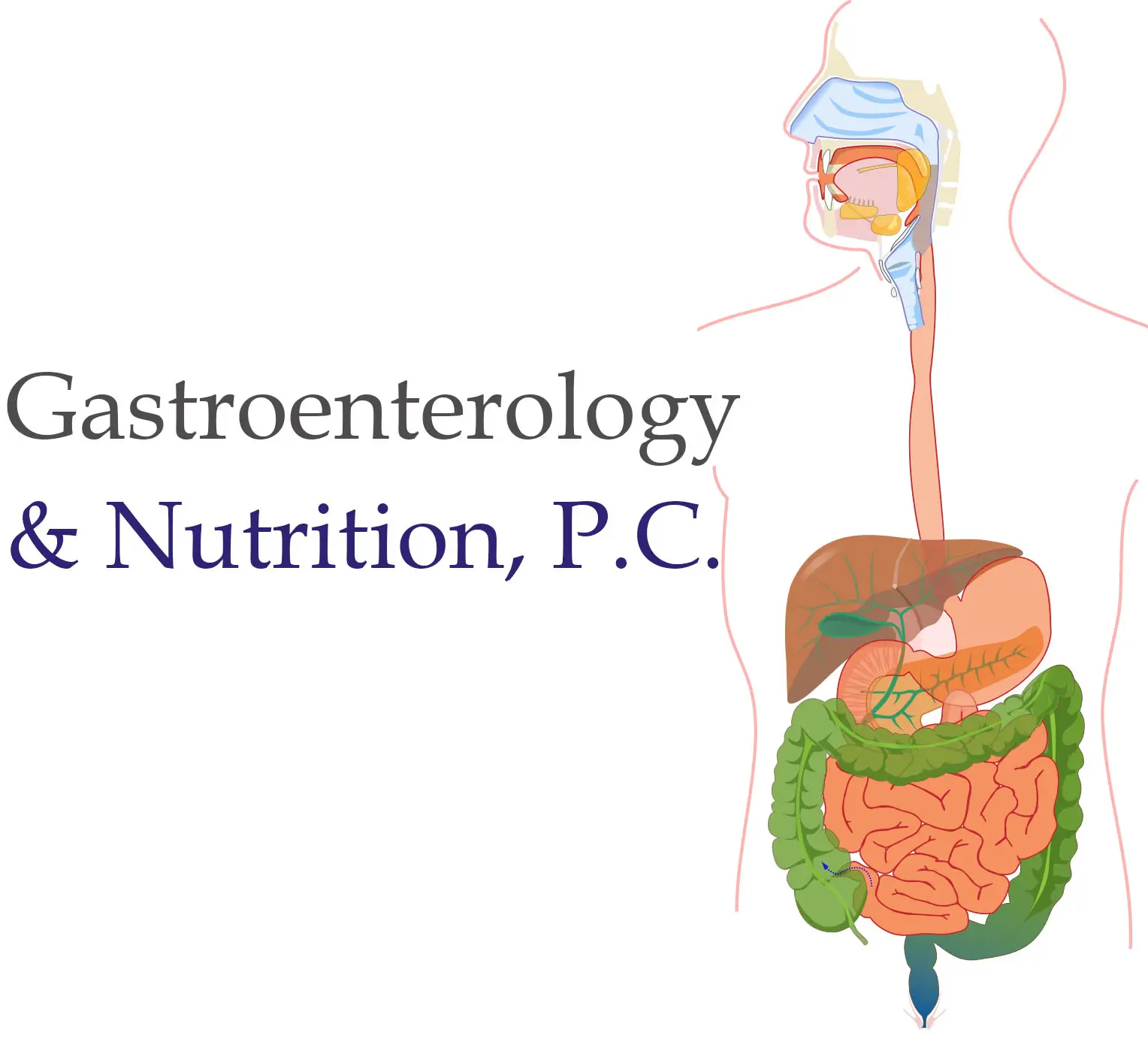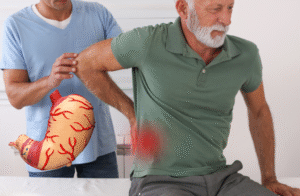Crohn’s disease is an inflammatory condition that affects the digestive tract, causing symptoms like abdominal pain, diarrhea, weight loss, and fatigue. While the condition is chronic and often challenging, many people wonder, Is Crohn’s disease fatal?
Dr. Yuriy Israel at Gastroenterology & Nutrition, P.C. explains, “Without proper diagnosis and treatment, Crohn’s disease can lead to severe complications that may become life-threatening. Early intervention and ongoing care are essential for managing the disease effectively.”
If you or a loved one has Crohn’s disease in Forest Hills, New York, you don’t have to manage it alone. At Gastroenterology & Nutrition, P.C., we provide expert care to help improve your quality of life.
What Is Crohn’s Disease?
Crohn’s disease is a type of inflammatory bowel disease (IBD) that can affect any part of the gastrointestinal tract, from the mouth to the anus. However, it can most commonly affect the small and large intestines.
The inflammation caused by Crohn’s disease can extend deep into the layers of the bowel tissue, leading to symptoms like abdominal pain, diarrhea, fatigue, and weight loss.
Over time, this chronic inflammation may result in complications such as bowel obstructions, fistulas, and malnutrition. Early diagnosis and proper management are key to controlling symptoms and preventing complications.
Can Crohn’s Disease Be Fatal?
While Crohn’s disease itself is not typically fatal, it can lead to complications if left untreated or poorly managed. Fortunately, with modern treatments and proactive disease management, most individuals with Crohn’s disease can lead full and active lives. Some of the most serious complications include:
Bowel Obstruction
Chronic inflammation can cause the intestinal walls to thicken, leading to blockages that prevent food and waste from passing through. This can result in severe pain, vomiting, and even a rupture of the bowel, which is a medical emergency.
Fistulas
Fistulas are abnormal connections between different parts of the intestine or between the intestine and other organs, such as the bladder or skin. These can lead to infections and abscesses, which can be life-threatening if not treated promptly.
Severe Infections
Some treatments for Crohn’s disease may increase the risk of infections. It’s important to work closely with your doctor to balance treatment effectiveness with infection prevention.
Colon Cancer
Patients with long-standing Crohn’s disease, particularly those with chronic inflammation in the colon, may have a higher risk of developing colon cancer. Regular screenings are essential for early detection and prevention.
Malnutrition
Chronic inflammation and poor nutrient absorption can lead to severe malnutrition. Malnutrition can weaken the body and make recovery from other illnesses more difficult.
How to Manage Crohn’s Disease and Reduce Risks
Proper treatment of Crohn’s disease is key to preventing complications and improving quality of life. Here are some strategies:
- Medications: Anti-inflammatory drugs, immunosuppressants, and biologics are commonly used to control inflammation and manage symptoms. It’s important to follow your doctor’s prescribed treatment plan.
- Diet and Nutrition: A balanced diet tailored to your specific needs can help manage symptoms and prevent malnutrition. Some patients may benefit from working with a dietitian to create a personalized eating plan.
- Regular Monitoring: Regular check-ups with your healthcare provider are essential to monitor the disease and catch any complications early. This may include blood tests, imaging studies, and colonoscopies.
- Lifestyle Changes: Stress management, regular exercise, and avoiding smoking can help reduce flare-ups and improve overall health.
- Surgery: In some cases, surgery may be necessary to remove damaged portions of the intestine or to treat complications like fistulas or obstructions.
For those searching for Crohn’s disease treatment near me, Gastroenterology & Nutrition, P.C. in Forest Hills, NY, offers expert care tailored to your needs. With early diagnosis and proper management, you can significantly improve your quality of life.
When to Seek Medical Attention
If you experience any of the following symptoms, seek medical attention immediately:
- Severe abdominal pain
- Persistent vomiting
- High fever
- Signs of infection (e.g., redness, swelling, or pus)
- Unexplained weight loss
- Blood in your stool
Why Choose Gastroenterology & Nutrition, P.C. for Your Digestive Health?
At Gastroenterology & Nutrition, P.C., we understand that digestive health is closely linked to overall well-being.
Our team of experienced specialists is dedicated to providing comprehensive care for patients with Crohn’s disease and other digestive conditions. We use advanced diagnostic tools and personalized treatment plans to help you manage your condition effectively.
Schedule an appointment today and take the first step toward better digestive health.
Frequently Asked Questions
Q: Can Crohn’s disease go away on its own?
No, Crohn’s disease is a chronic condition that requires ongoing management. While symptoms may come and go, the disease itself does not disappear without treatment.
Q: Is Crohn’s disease hereditary?
While there is a genetic component to Crohn’s disease, not everyone with a family history will develop the condition. Environmental factors also play a significant role.
Q: Can stress cause Crohn’s disease flare-ups?
Stress does not cause Crohn’s disease, but it can trigger flare-ups or worsen symptoms. Managing stress through relaxation techniques, exercise, and therapy can help.
Q: Can children develop Crohn’s disease?
Yes, Crohn’s disease can affect people of all ages, including children. Early diagnosis and treatment are crucial to managing the disease in young patients.
Disclaimer
This article is for educational purposes only and is not medical advice. Consult professionals for any gastroenterological concerns or before starting any treatment. Do not ignore professional medical advice due to the information read here. The authors are not responsible for any outcomes from the use of this information.





